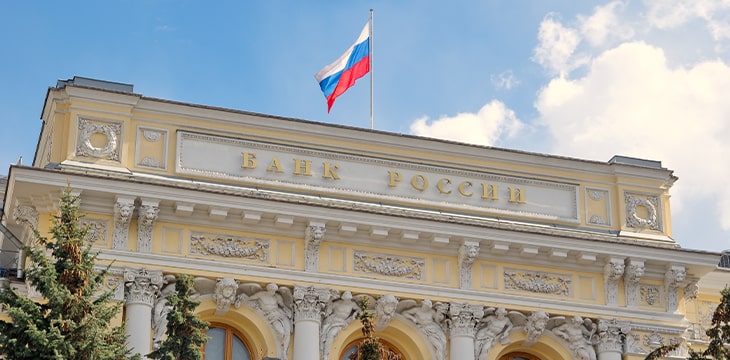|
Getting your Trinity Audio player ready...
|
The digital ruble is the highest form of money, and most Russians will be using the digital currency in their day-to-day activities in three years, according to Anatoly Aksakov, chairman of the Russian State Duma Committee on the Financial Market. He said the Russian central bank would launch a digital ruble prototype by the end of this year.
In an interview with a T.V. channel, RT, Aksakov said the central bank is ready to begin testing the CBDC by early 2022. Appreciating the risk-free nature of digital ruble, he told RT, “It is worth noting that, unlike cryptocurrencies, the risks for holders of digital rubles are minimal, since the issuer in the person of the Central Bank is known, there is financial support. In fact, this is the same ruble, but in digital form.”
He also mentioned that Russia is working on drastically cutting down its dependence on the U.S. dollar. “The key reason is geopolitical risk. […] So over the past three years, the share of the dollar in our international reserves has been halved: from 45% to 22%. Russia will be relying on the digital ruble as one of the measures to reduce its dependence on the USD. He, however, observed that a complete departure from the dollar might be impossible in the near future.”
Other countries are implementing similar measures to cut down their reliance on the USD. They have been taking similar steps, developing sovereign digital currencies they believe will offer a better alternative to the reserve currency; for example, China’s digital yuan. However, former governor of the People’s Bank of China downplayed claims that the digital yuan is a threat to the USD in December.
“If you are willing to use it, the yuan can be used for trade and investment. But we are not like Libra, and we don’t have an ambition to replace existing currencies,” he said at the time.
Iran’s President Hasan Rouhani has also called for Muslim nations to develop their digital currency to fight U.S. economic dominance.
Aksakov’s latest comments come when the Russian central bank is concerned about the influence of stablecoins in the economy. Ivan Zimin, the head of the bank’s Department of Financial Technology, recently stated that stablecoins threaten the ruble’s dominance in Russia.
“We have already taken the first step in restricting the use of unsecured cryptocurrencies, and we will likely take a second by limiting the use of stablecoins in making payments,” he stated.
To learn more about central bank digital currencies and some of the design decisions that need to be considered when creating and launching it, read nChain’s CBDC playbook.
See also: CoinGeek Live panel, The Future of Banking, Financial Products & Blockchain

 03-03-2026
03-03-2026 




